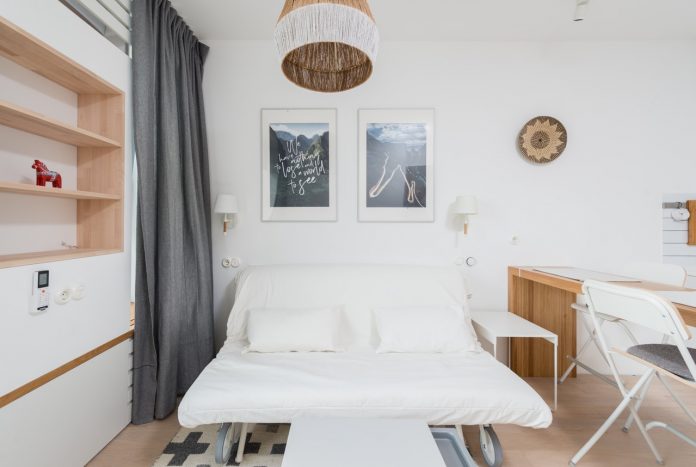When your property is occupied, it should be able to turn a profit easily. But what about when it’s vacant?
Vacancies can kill your profitability if you’re not prepared. Each month your property remains unoccupied is a month you’ll still be responsible for the upkeep costs – with no revenue coming in. If prolonged for more than a month or two, it can crush your numbers and possibly result in a loss for the year.
How are you supposed to manage this?
A Three-Part Strategy
Your strategy should boil down to three main parts:
- Prevent vacancies. Every property is going to be vacant on occasion – but it’s still a good idea to prevent vacancies as much as possible. Finding good tenants and keeping those tenants happy should encourage them to stick around for as long as possible, often years at a time.
- Make use of vacancies. When inevitable vacancies arise, don’t treat them as a total loss. Treat them as an opportunity. This is your chance to make some major changes to the property while no one is around – so you can make even more money in the future.
- Fill vacancies quickly. Of course, it’s also imperative that you fill your vacancies as quickly as possible. The sooner you get someone new in your property, the sooner you can start making money again.
So how can you do this?
Hire a Property Manager
One valuable option is to hire a property management company. Your property manager will become responsible for the upkeep and most tasks associated with the property. They’ll be in charge of marketing the property to tenants, so vacancies are filled quickly, screening tenants, so the right people occupy your property, handling repairs, keeping tenants happy, and ultimately ensuring your property is as profitable as possible.
Additionally, most property managers charge fees for their services based on the rent you’re collecting. You’ll owe them a fixed percentage of the gross rent you collect – and you won’t have to pay them for months when the property is unoccupied. It’s a risk mitigation strategy that has the potential to reduce your stress, keep your property filled, and ultimately help you make more money.
Screen Your Tenants
If you don’t hire a property manager, it’s important for you to screen your tenants yourself. Finding better tenants can minimize the chances that they’ll leave prematurely (or have to be evicted). Be sure to look at:
- Credit score. What’s this person’s credit score and financial history? Are they in good standing with a long history of paying their bills and paying off debt? Or are they struggling financially?
- Employment. Is this person steadily employed? Are they working in a position that would allow them to pay rent consistently, and how long have they been in that position? What are their prospects for the future?
- Rental history. What is this person’s rental history like? Have they rented apartments successfully in the past? Do they tend to stay in one place for a long period of time or do they jump from place to place on a frequent basis?
Keep Your Tenants Happy
When you do find good tenants, it’s wise to keep them happy as much as you can. Keeping your tenants happy and content with your property will encourage them to stick around for as long as possible. There are several ways you can do this, such as:
- Improving communication. Talk to your tenant regularly and get to know them. Remain transparent about issues related to the property and answer their questions clearly and thoroughly.
- Handling repairs quickly. If and when issues arise with the property, work to fix them as quickly as you can. It shows that you care about both the property and the tenant.
- Remaining flexible and accommodating. If your tenant needs a few extra days to get you rent for the month, consider waiving the late fee as a gesture of good faith.
Plan for Renovations, Maintenance, and Repairs
When evictions do occur, take advantage of them. With the property unoccupied, this is a great time to handle some of your ROI-boosting renovations and non-urgent repairs that have needed your attention for the past few months.
Market the Property Aggressively
When you’ve completed your repairs and renovations and you’re ready to host another tenant, start marketing and advertising the property aggressively. It will cost you a bit more money upfront, but if it fills the property a few weeks faster, the strategy will pay for itself.
No landlord likes to deal with rental property vacancies – but with the right strategies, they’ll be rarer, less impactful, and easier to manage. Make proactive plans for how you’re going to deal with property vacancies and remain adaptable as you become more adept at it.










